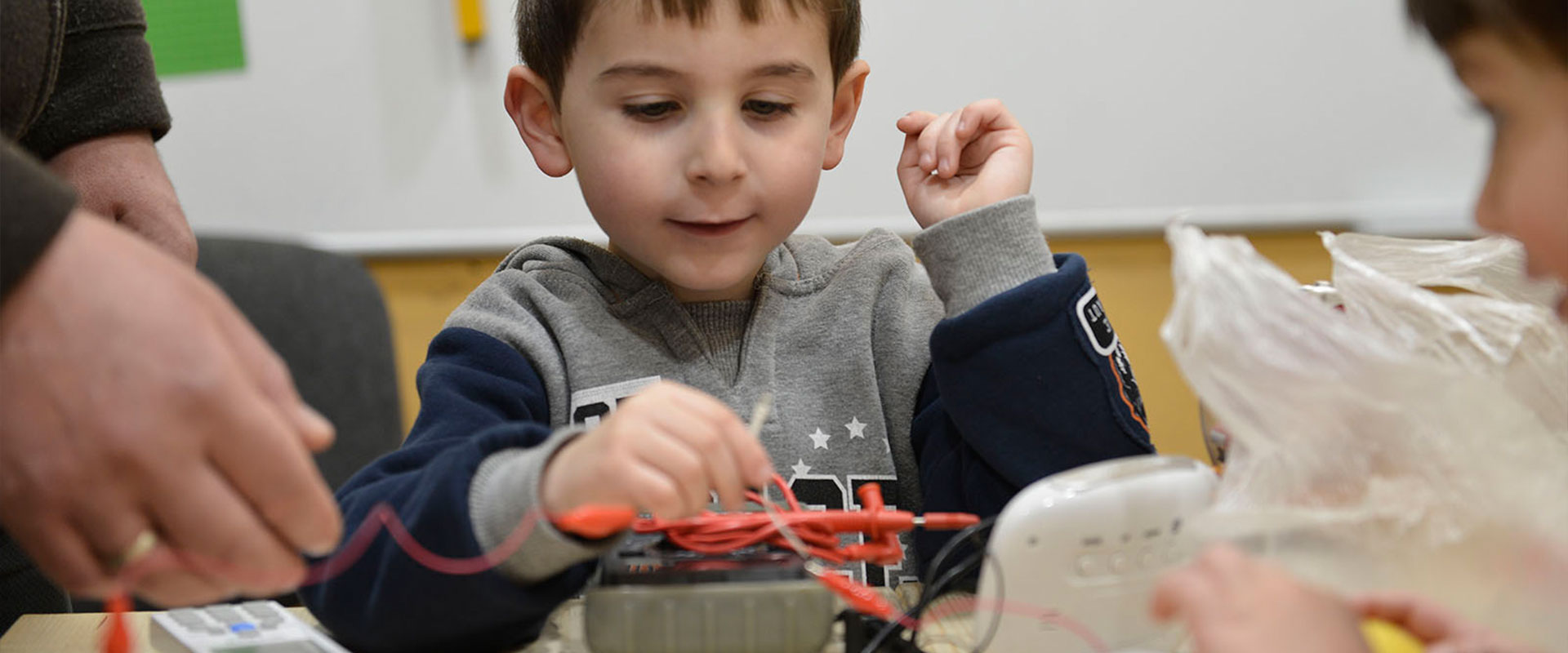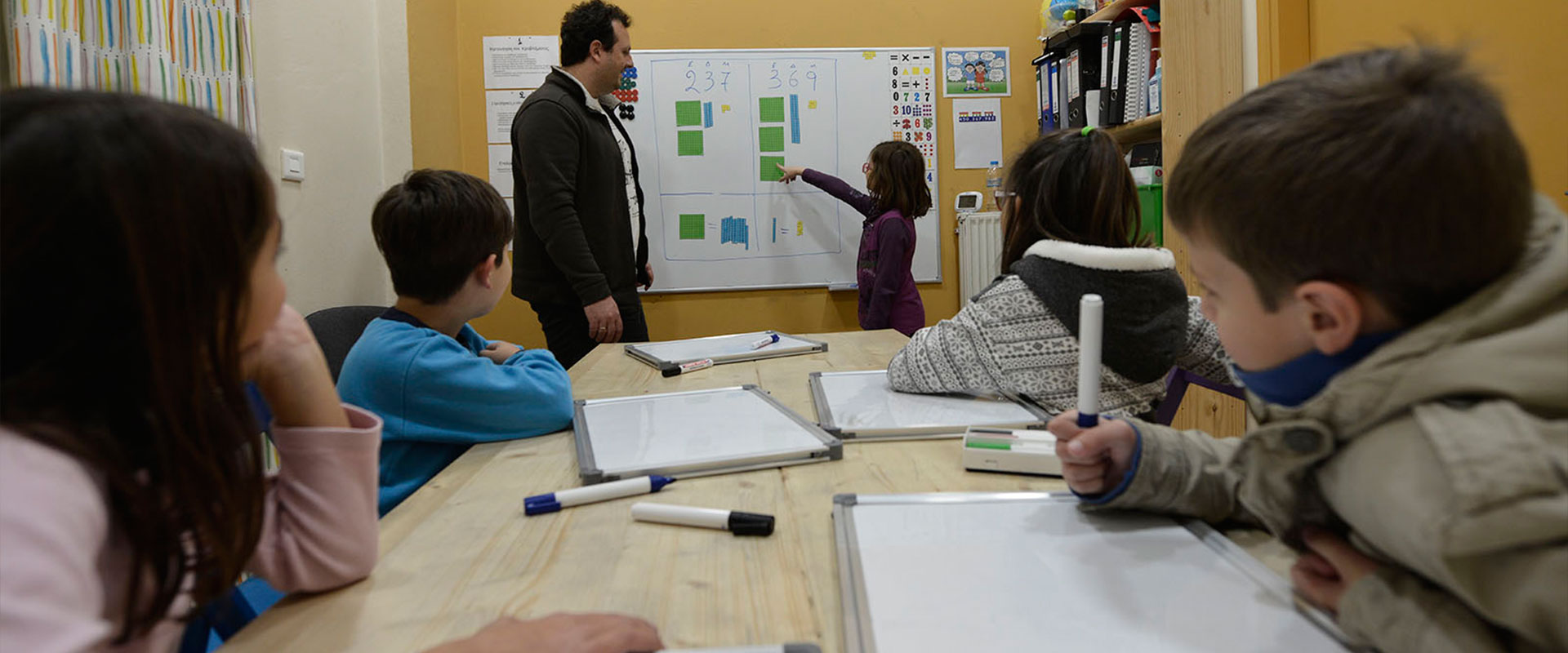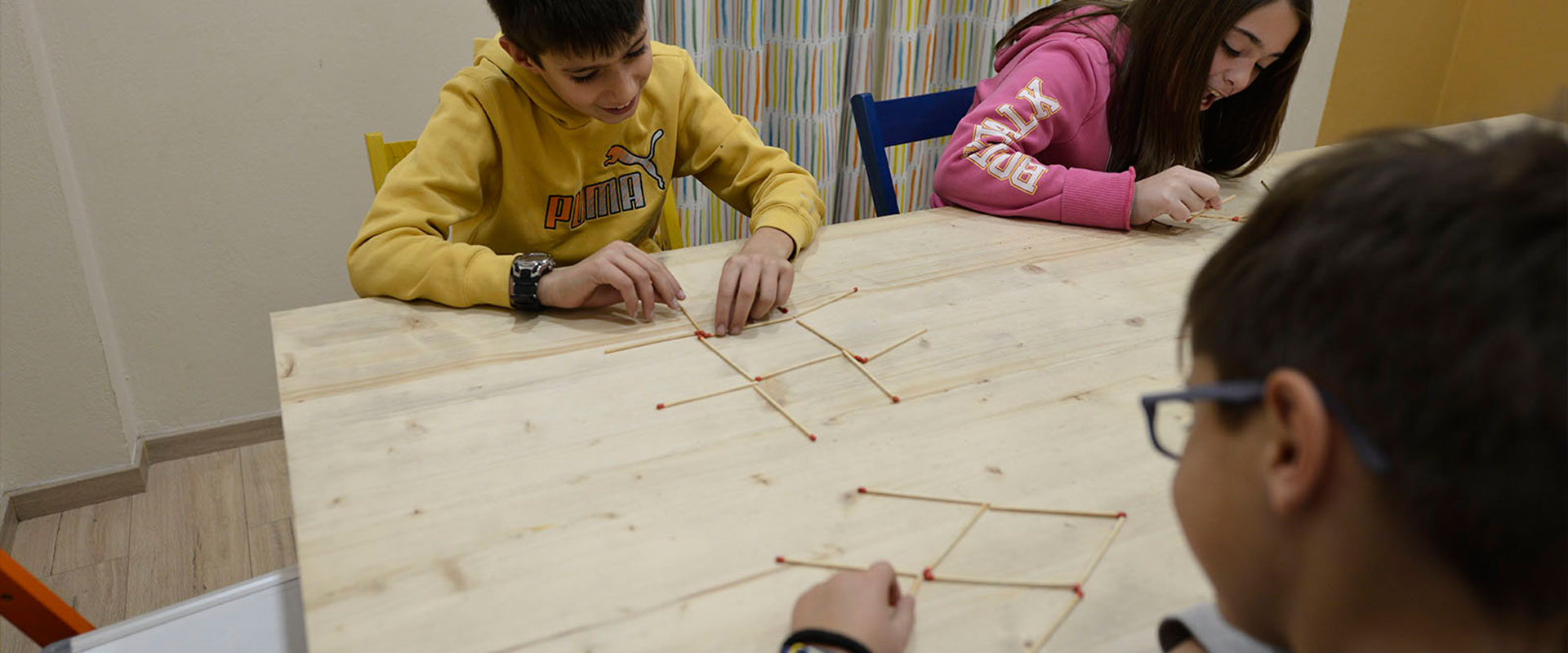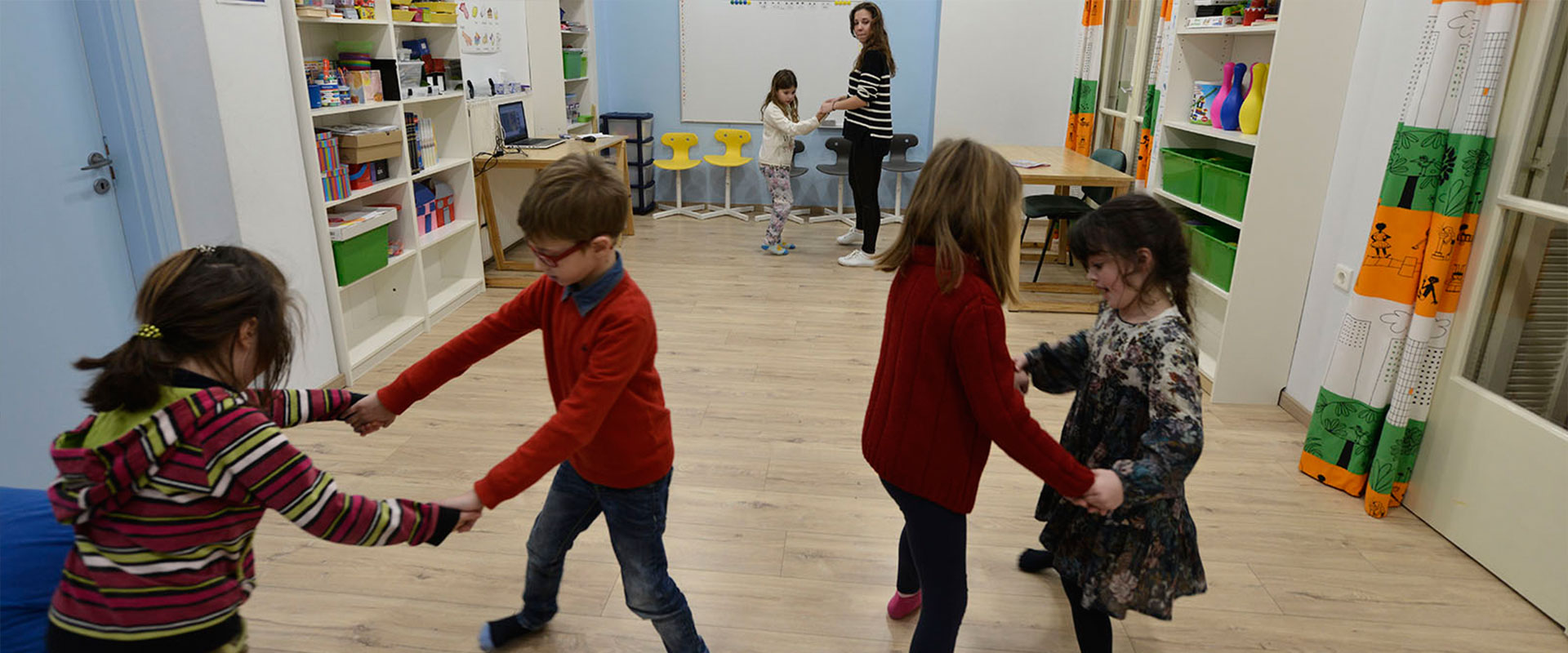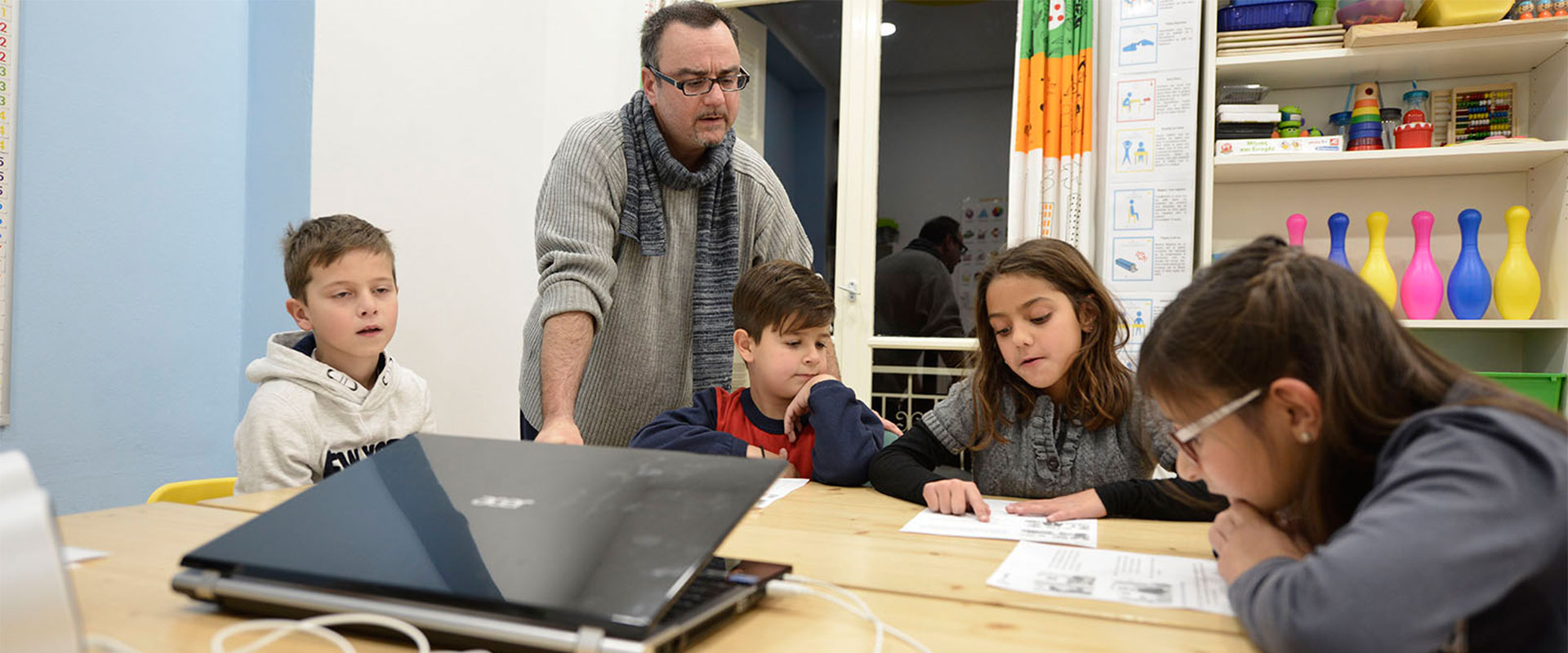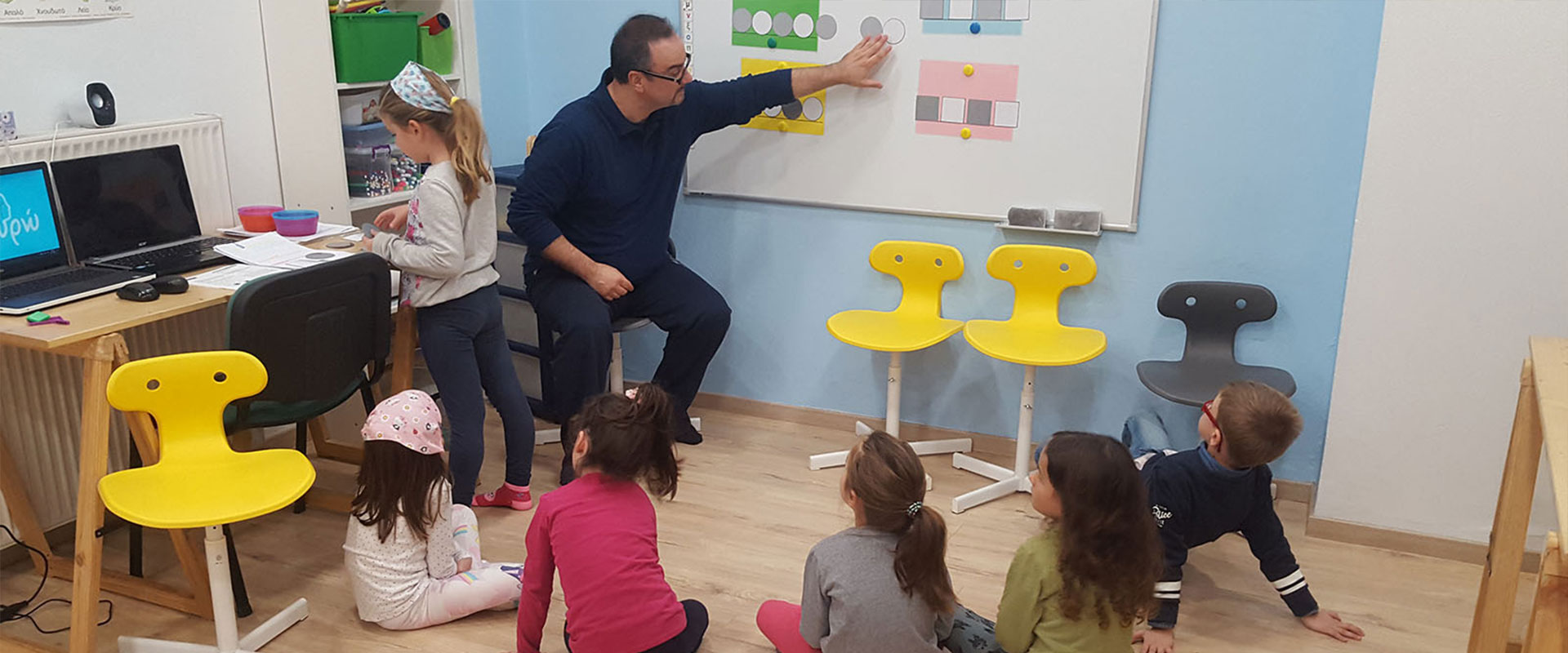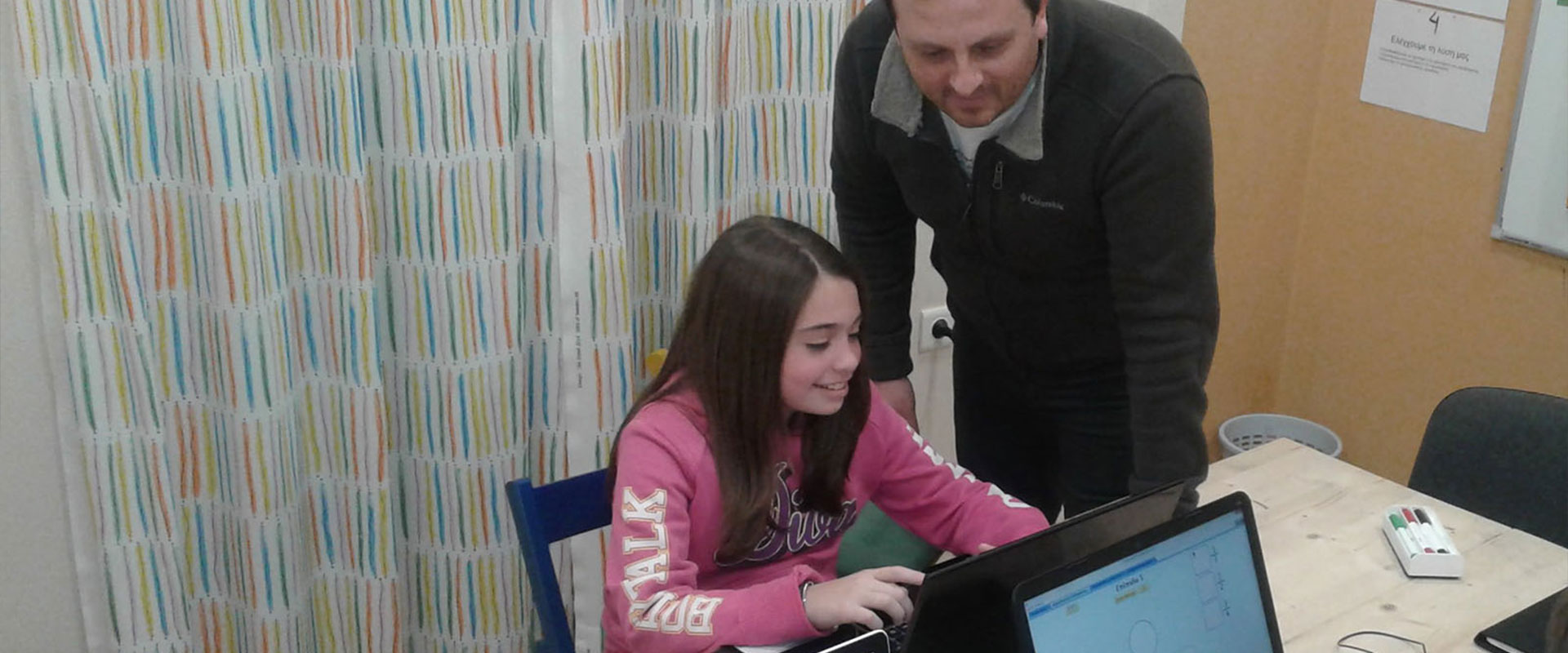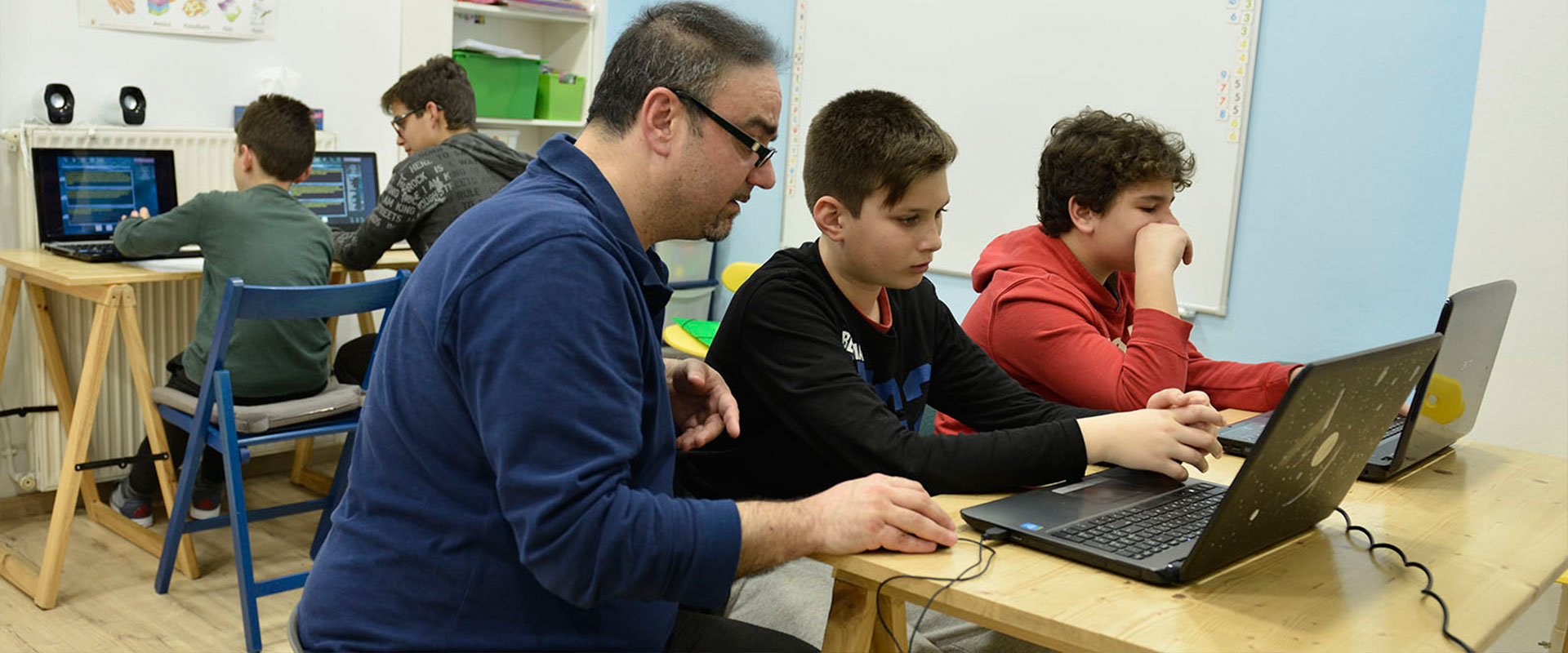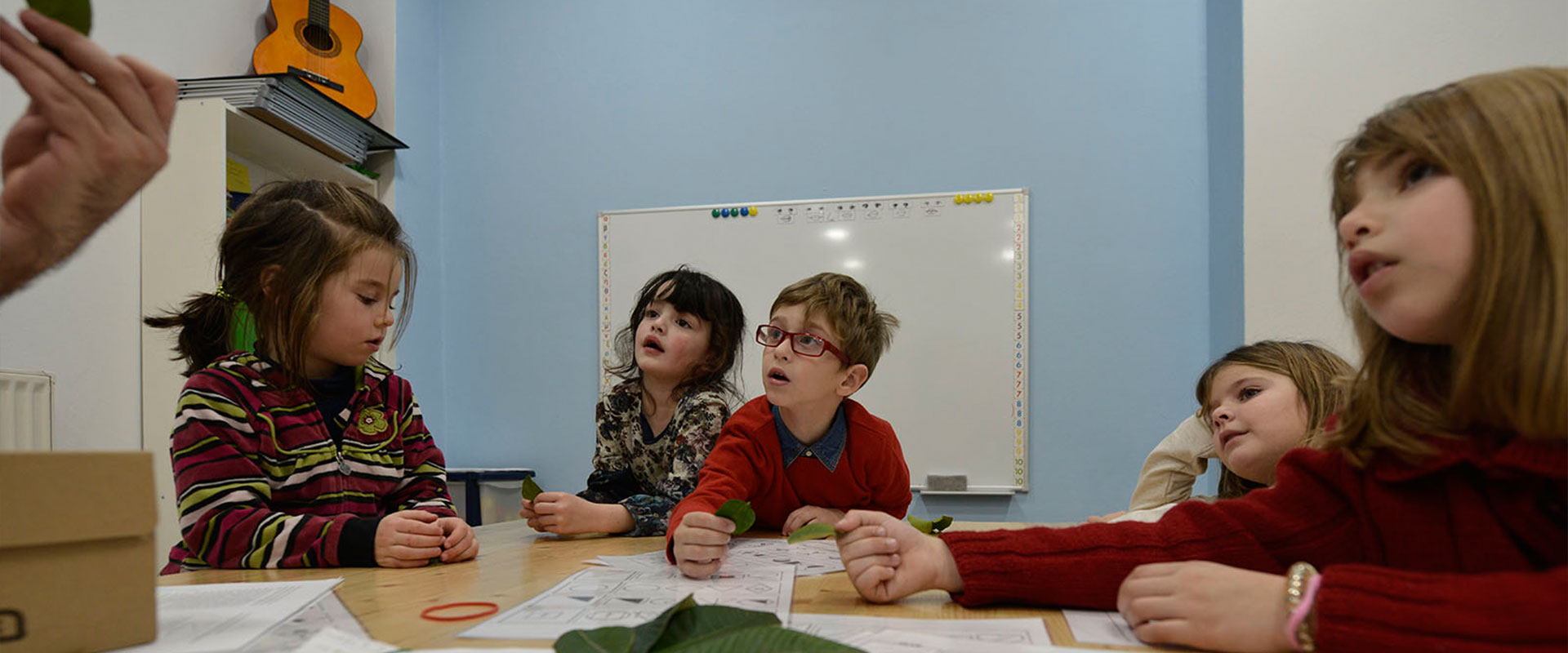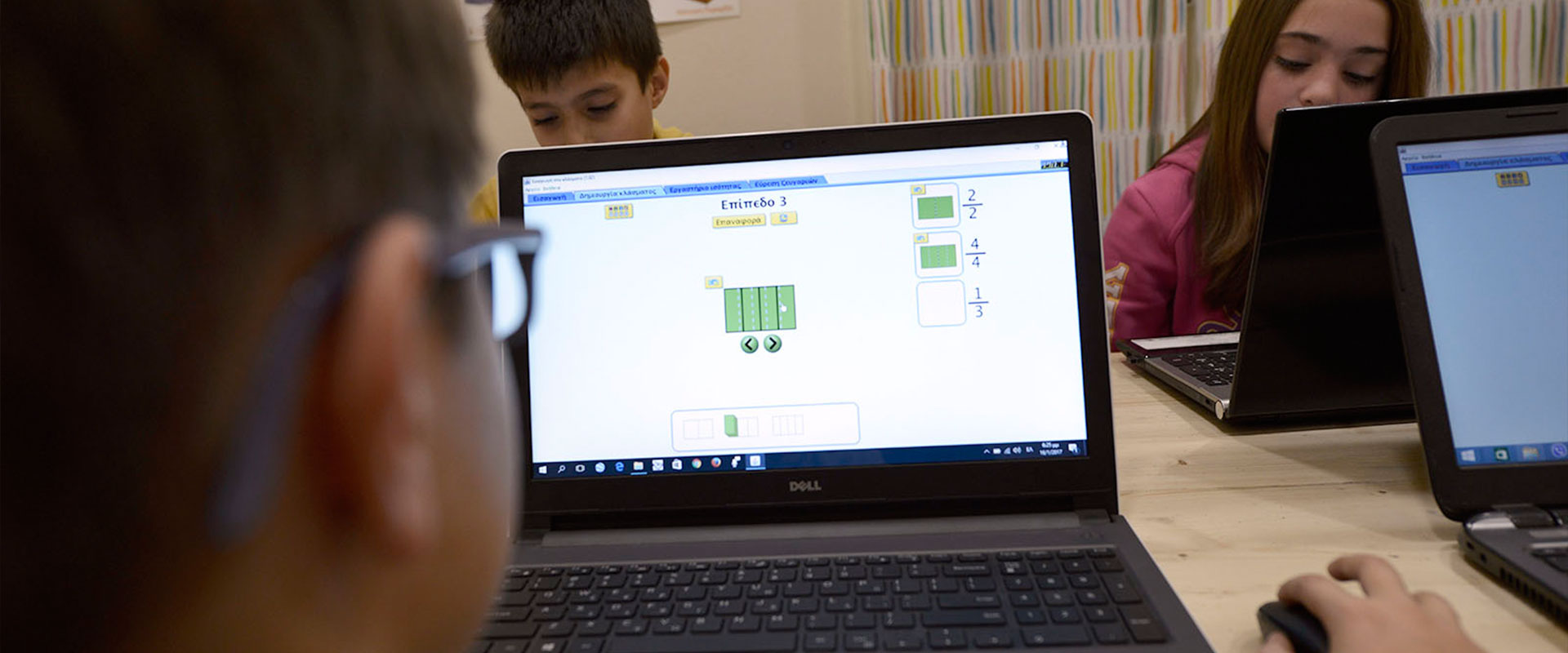Worldwide, schools invest thousands of study hours in the instruction of mathematics, science and languages, but fail to provide young people with the skills to comprehend and process the material they are taught. Also, they have to develop a series of fundamental (basic & horizontal) skills, to contribute effectively in the workplace and public life.
(2006/962/European Parliament)




